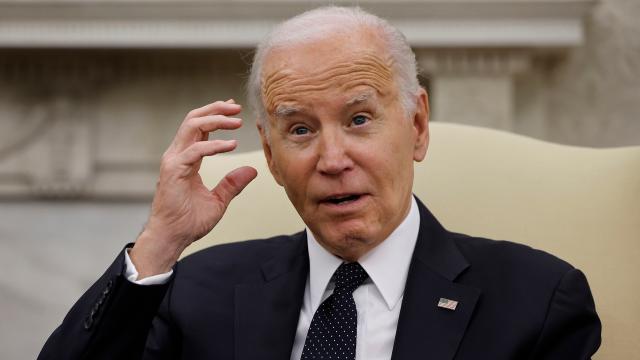The US House of Representatives has taken a significant step toward reshaping the regulation of digital assets by passing Representative Mike Flood’s bipartisan resolution, H.J.Res. 109, on May 8. This resolution seeks to overturn the Securities and Exchange Commission’s (SEC) Staff Accounting Bulletin (SAB) 121, which has been a point of contention within the financial and crypto communities.
Advocates for the bill argue that the SEC’s rule burdens financial institutions. They say it makes serving as custodians of digital assets too expensive.
Legislative Support vs. Presidential Veto: The Battle Over SAB 121
Under SAB 121, issued in March 2022, financial institutions must include customers’ digital assets on their balance sheets. Critics argue this accounting requirement causes significant operational and financial challenges. These challenges affect firms that custody cryptocurrencies and other digital assets.
By overturning SAB 121, supporters of H.J.Res. 109 believe it will remove regulatory barriers. This, in turn, will facilitate safer and more efficient digital asset transactions through regulated banks and financial institutions. Congressman Patrick McHenry highlighted the practical implications of SAB 121.
The resolution has garnered support from various sectors of the industry and legislators who believe that the SEC’s rule represents an overreach of regulatory powers. This sentiment is echoed by House Majority Whip Tom Emmer, who emphasized the nonpartisan nature of digital asset innovation.
However, the opposition to this resolution comes from the highest levels of government, including the President Joe Biden administration. They argue that overturning SAB 121 would weaken the SEC’s ability to protect investors and the broader financial system from the risks associated with crypto assets.
Lawmakers Critique SEC’s Crypto Crackdown
Criticism of the SEC’s recent actions extends to its handling of major crypto platforms. For instance, the SEC’s issuance of Wells Notices to platforms like Robinhood has been portrayed by some lawmakers as an overextension of its regulatory mandate. US Representative John Rose argued that such actions exceed the SEC’s role to maintain orderly markets and protect investors.
SEC Chairman Gary Gensler defended his strict regulatory approach in a CNBC interview. He aims to bring the crypto sector under tighter control.
Gensler spoke about the SEC’s oversight of a $110 trillion capital market. He views cryptocurrencies as prone to scams and fraud.
However, Gensler was reluctant to question whether Ethereum (ETH) is a commodity or security. Instead, he focuses on the lack of necessary investor disclosures and criticizes intermediaries’ practices in the centralized crypto markets.
SEC Commissioner Mark Uyeda critiqued this stance. FOX journalist Eleanor Terrett reported that Uyeda emphasized the need for a regulatory framework that accommodates innovation.


Leave feedback about this